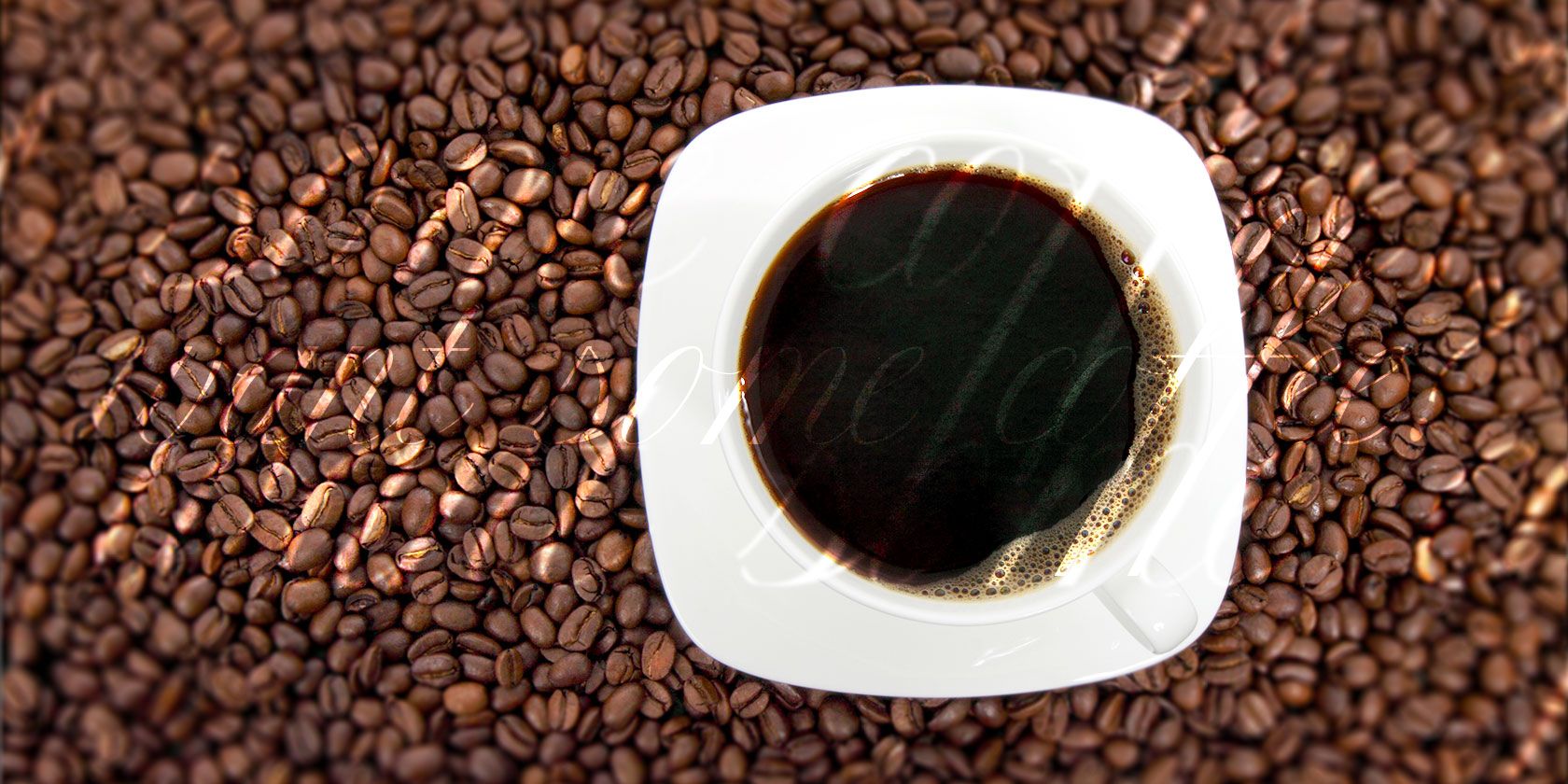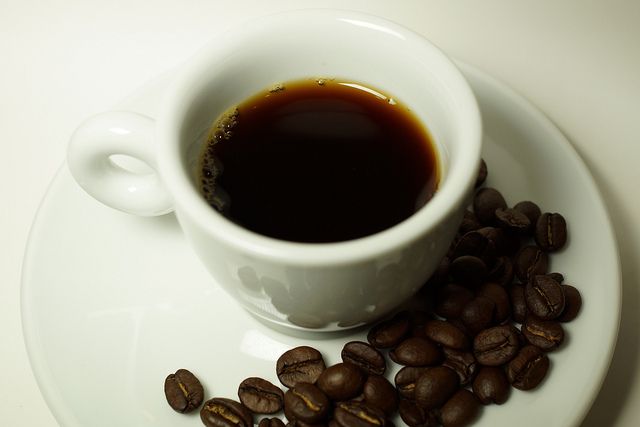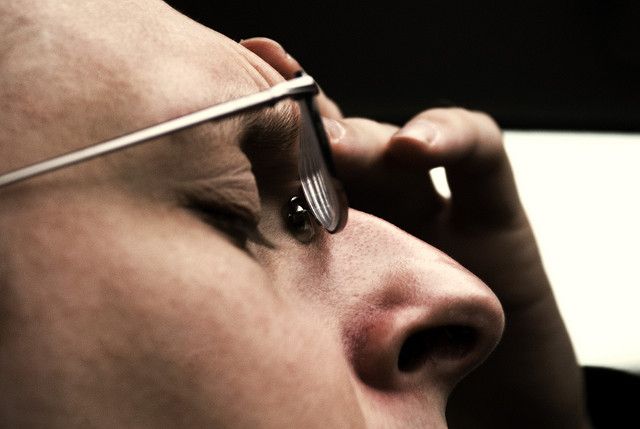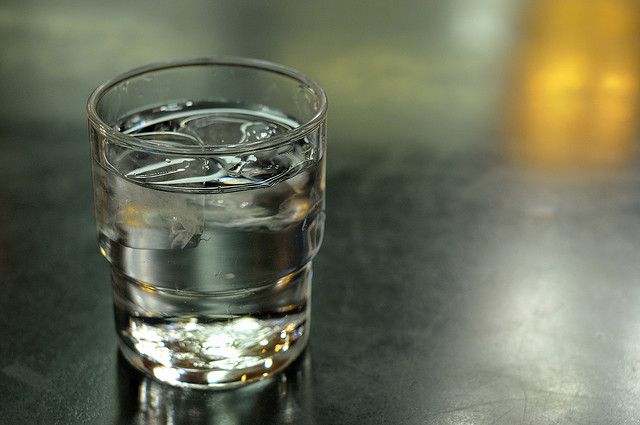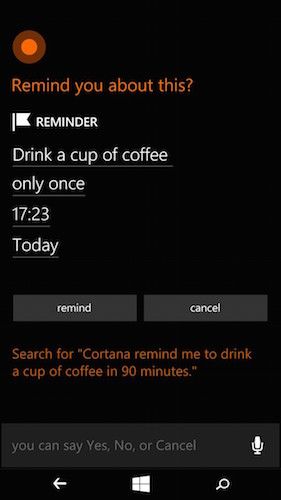Giving up coffee is something that, for a lot of people, is simply not done.
Coffee isn't just a drink. It's a daily essential. A mandatory tool in the endless quest for mindless productivity. But it's more than that though. Coffee is fundamentally ingrained in the geek identity.
Don't believe me? Just look at nerd emporium ThinkGeek.com, which sells 91 items tagged with "coffee", compared to only 34 things for "code", and 21 results for "Apple".
Fledgling tech startups in the digital meccas of Shoreditch and San Francisco proudly offer gourmet coffee as a perk of employment, and there are thousands of coffee subscription companies that are all too happy to oblige them with regular deliveries of fresh, heirloom beans.
It seems that in order to be geek, you must also be twitchy and irritable, with a bad case of latte breath. But what happens when you give up caffeine, and why would you want to?
My Coffee Routine
This is something I'm intimately familiar with, because last month I renounced coffee. For good.
I've been a caffeine addict since I was about 11.
I started off by drinking extremely milky Nescafe (my pre-teen self was convinced it was the height of sophistication). By the time I'd reached the age of 14, I'd bought my first drip coffee maker, and was on the path to being a professional coffee junkie.
My tastes then began to refine. One birthday, I got my first bean grinder, and then my first Italian stove top coffee maker. Not long after, I was making smooth espressos and Americanos with an Aeropress. I was not just a coffee addict. I was a coffee snob.
Throughout this time period, my tolerance threshold for caffeine was constantly increasing, and I had to drink more and more coffee to get even the slightest buzz. Shots of espresso rapidly became doubles, and then triples. I was drinking enough coffee to give an elephant heart palpitations, and I was doing it every hour.
This, I noticed, was having a dire effect on my body and my personality.
In the most bluntest terms, I had become a jerk. I was constantly irritable, and snapping at people for the smallest things.
And I felt ill all the time. I was constantly suffering from the worst heartburn and stomach aches you could possibly imagine. Instead of being more alert and productive, I was constantly tired and anxious. Coffee just wasn't all that fun anymore.
Something had to change.
What Changed?
So I quit. Cold turkey.
That wasn't a fun couple of weeks. My productivity collapsed because I couldn't concentrate. I was writing at a snail's pace, and my head constantly throbbed. That, for a couple of weeks at least, was my existence.
But that rapidly abated, and it wasn't long until I started to notice a marked improvement in the quality of my work, and the speed at which I did it. I was getting more stuff done.
The first major change was that I was no longer waking up craving coffee. This meant that, for the first time in forever, I was able to roll out of bed and start working. I didn't have to wait to make caffeine to make its way into my bloodstream.
I also noticed a massive improvement in my stamina. I was able to pretty much sit and work, and I didn't hit a "wall" at 4pm like many caffeine addicts do, or make a fresh pot of coffee to top up my levels.
And because my sleep was less disturbed, I woke up feeling fresher.
I also made the decision to substitute coffee with water. Every hour, I'd drink a pint of water. No more, no less. Consequently, I felt more refreshed and alert.
All things considered, ditching coffee has made me more productive. Healthier. Happier, even. But it wasn't easy, however.
Tips For Giving Up Coffee
Caffeine, like any addiction, is hard to give up. When you quit cold-turkey, you'll inevitably feel some pretty awful physiological effects. These will range from sluggishness, to the worst headaches you'll ever experience.
For the most part, there's not a lot you can do about these. It's just part and parcel of giving up coffee. However, there were a number of strategies that helped me cope.
Like I previously mentioned, I decided to replace coffee with healthy, cheap, natural tap water. This, undoubtedly, took the edge off the worst parts of quitting coffee. To ensure that I was drinking regularly, I employed the Pomodoro Method.
The Pomodoro Method uses a timer to break tasks into 25 minute blocks, with five minute breaks. During these five minute breaks, I'd drink half a pint of water. This ensured that my mind was always focused away from coffee and I was constantly hydrated.
If that doesn't work, try gamifying your attempt to go cold-turkey. Like the name suggests, this is where you turn something that isn't especially fun into a game.
You could, for example, turn abstaining from coffee into an RPG where each day you don't drink coffee, you gain a point. At the end of the week, if you've got seven points, you "level up".
There are a number of incredible tools that make this easy, but none are better known than HabitRPG. We first looked at this in 2013, and we were immediately impressed.
If you're not quite ready to go cold-turkey, try weaning yourself off coffee slowly. A good way to do this is to limit yourself to drinking coffee when it's most effective, which is when your cortisol levels are at their lowest.
Cortisol is the hormone that controls our alertness. Levels of this compound usually start to dip around 90 minutes after you wake up, making it the perfect time to get a cup of Joe. A good way to stick to drinking coffee at those times is to set an occurring alarm on your phone.
Another strategy is to consciously take note of the caffeine you consume. There are a myriad of ways to do this. In the past, I've written about how Excel spreadsheets can be used for health tracking.
There are also some dedicated caffeine tracking apps, like Up Coffee by Jawbone. This can not only track how much you're drinking, but can alert you to any signs of dependency.
The Best Health Decision I Ever Made
I'm not one to blow my own horn, but the decision to give up coffee is probably the best health decision I've ever made.
I'm more alert. I can work harder, for longer. I'm less tired. Less irritable. As a bonus, I know that if I go back to drinking coffee, it'll have some effect on me, as my tolerance level would have diminished.
Have you given up coffee before? Any plans to give it up? I want to hear about them. Drop me a comment below and we'll chat.
Image Credits: Coffee (Trophygeek), Man of Concern (Lisa Brewster), Glass of Water (Cipher)

